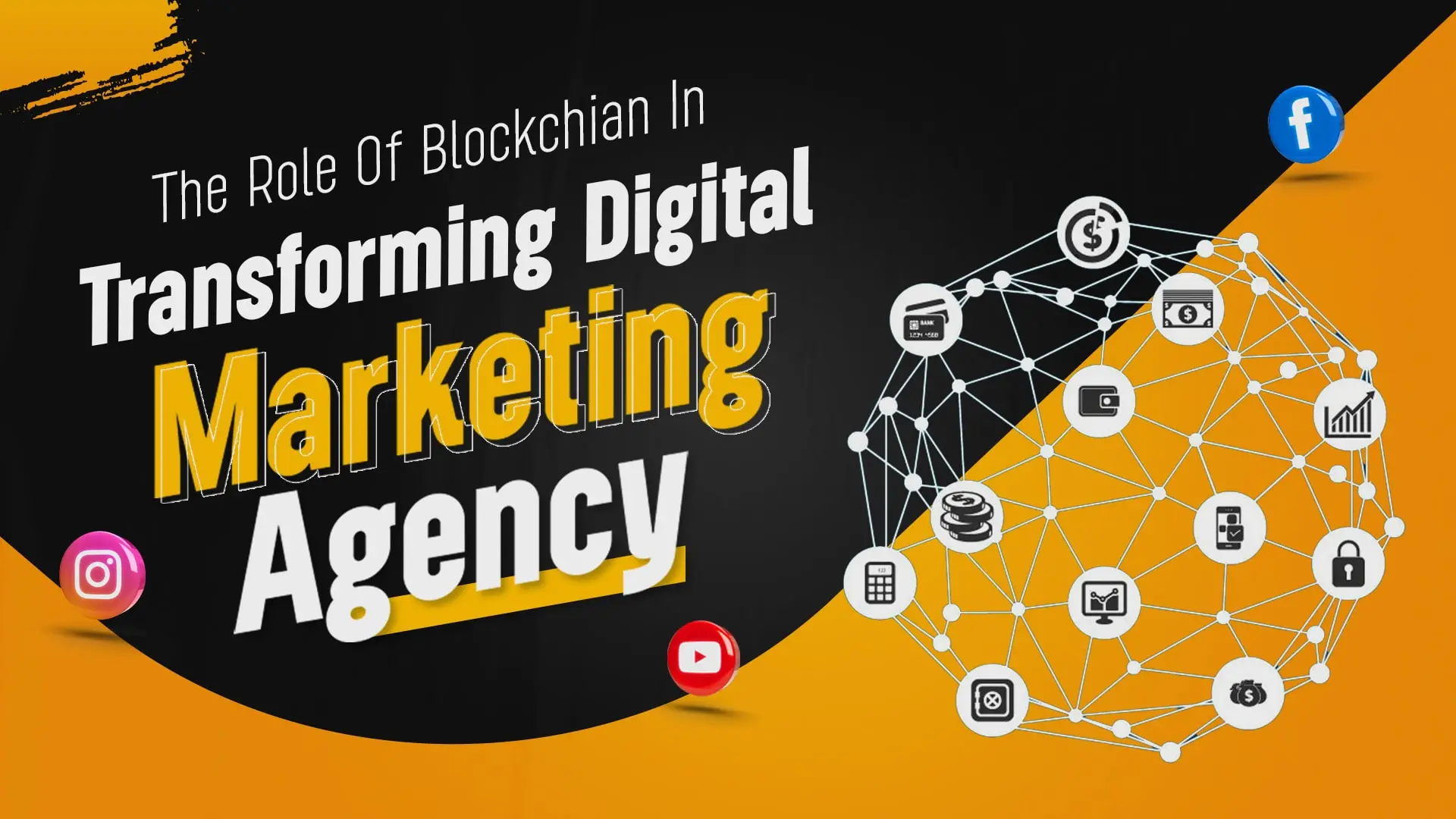The digital marketing landscape is evolving rapidly, yet it still faces persistent challenges, including ad fraud, lack of transparency, and data security concerns. Enter blockchain technology, a revolutionary force that promises to reshape digital advertising by fostering trust, security, and transparency. By leveraging blockchain, marketers can create a fraud-resistant, cost-effective, and consumer-friendly ecosystem. Let’s explore how blockchain is transforming digital marketing and why businesses should pay attention.
- Combating Ad Fraud with Immutable Data
Ad fraud is a multi-billion-dollar problem, with fraudulent clicks, fake impressions, and bot traffic wasting advertisers’ budgets. Blockchain’s decentralized and tamper-proof ledger ensures that every transaction—such as ad impressions, clicks, and conversions—is recorded securely and cannot be manipulated.
– How It Works: Every interaction is verified on the blockchain, ensuring advertisers only pay for genuine engagement.
– Why It Matters: This drastically reduces fraudulent activities, allowing brands to maximize their return on investment (ROI).
- Transparent Ad Spending: No More Hidden Fees
A significant pain point in digital advertising is the lack of transparency regarding ad dollar allocation. With multiple intermediaries (agencies, ad networks, and publishers), businesses often struggle to track where their budget is actually going.
– How It Works: Blockchain acts as an open ledger, enabling all parties to see real-time ad spending data.
– Why It Matters: Advertisers gain full visibility into their investments, eliminating hidden costs and unnecessary middlemen.
- Building Consumer Trust Through Data Privacy
Consumers today are more conscious than ever about how their data is used. Many hesitate to share personal information due to privacy concerns. Blockchain empowers users by giving them greater control over their personal data.
– How It Works: Users can grant or revoke access to their data through blockchain-based platforms and even earn rewards for sharing it with advertisers.
– Why It Matters: Brands can foster deeper trust and engagement by prioritizing ethical data practices.
- Smart Contracts: Automating Ad Campaigns
Smart contracts are self-executing digital agreements that operate based on predefined conditions. In digital marketing, smart contracts can automate advertising transactions, making processes more efficient and fraud-proof.
– How It Works: Payments are released only when specific performance metrics (e.g., impressions, conversions) are met.
– Why It Matters: This eliminates delays, disputes, and inefficiencies in campaign execution, ensuring a seamless ad-buying process.
- Authentic Influencer Marketing with Blockchain Verification
Influencer marketing is booming, but fake followers and engagement manipulation pose significant concerns. Brands often struggle to determine the true impact of influencer partnerships.
– How It Works: Blockchain tracks engagement, reach, and conversions on an immutable ledger, ensuring influencer performance data is 100% authentic.
– Why It Matters: Brands can confidently invest in genuine, high-impact collaborations, eliminating misleading metrics.
- Enhanced Data Security: A Shield Against Breaches
With data breaches becoming increasingly frequent, blockchain offers a secure way to store and share sensitive customer data. Unlike centralized databases, blockchain’s decentralized nature makes it significantly harder for hackers to access or alter data.
– How It Works: Customer data is encrypted and distributed across a decentralized network, making breaches extremely difficult.
– Why It Matters: This protects consumer privacy and strengthens brand credibility.
Why Businesses Should Adopt Blockchain in Digital Marketing
– Cost Reduction: Eliminates fraud, redundant intermediaries, and inefficiencies, saving brands millions in ad spending.
– Increased Trust: Transparent transactions and secure data handling enhance brand reputation.
– Better ROI: Authentic data ensures accurate targeting, maximizing ad effectiveness.
– Competitive Edge: Early adoption of blockchain in marketing can position businesses as innovators in their industry.
Conclusion: The Future of Digital Marketing is Decentralized
Blockchain is more than just a buzzword; it’s a transformative technology that has the potential to solve some of the biggest challenges in digital marketing. By eliminating fraud, improving transparency, enhancing data security, and automating processes, blockchain creates a more ethical and efficient advertising ecosystem.
For brands that embrace blockchain now, the opportunities are limitless—not only in cost savings but also in building trust and lasting customer relationships. The digital marketing revolution is here, and blockchain is leading the way.

